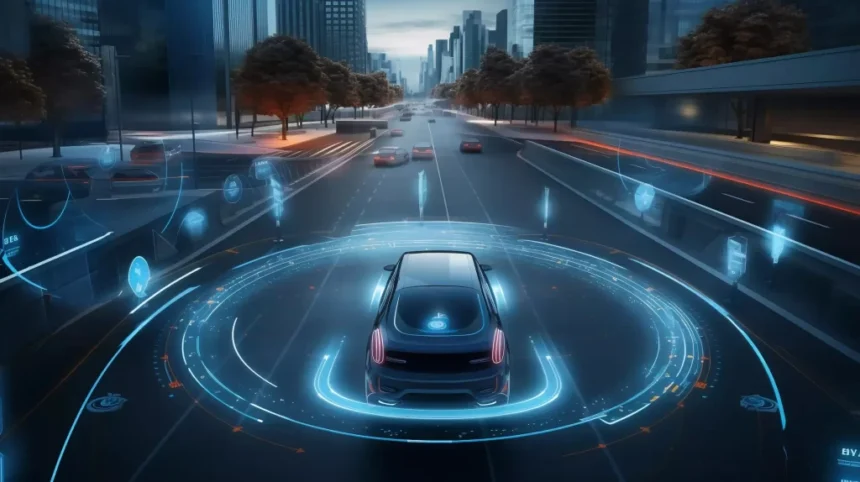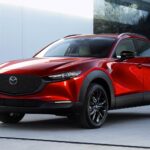The automotive industry is on the brink of a monumental transformation, according to a recent survey conducted by the IBM Institute for Business Value (IBV). Over 1,200 global automotive industry executives participated in the survey, providing insights into the future of vehicles. The findings paint a picture of a future where software-defined vehicles (SDVs) powered by artificial intelligence (AI) will dominate the automotive landscape by 2035.
Key Findings:
1. Software-Defined Vehicles (SDVs) by 2035:
– A staggering 74% of executives believe that by 2035, vehicles will be completely software-defined and AI-powered, impacting everything from vehicle controls to in-car experiences.
– SDVs are projected to generate a significant portion of industry revenue, with 51% of revenue expected to come from digital and software-related sources by 2035, a substantial increase from the current 15%. This revenue will stem from subscriptions, over-the-air upgrades, autonomous driving, and enhanced connectivity.
2. Brand Value Shift:
– The focus on software will redefine automakers’ brand value, shifting from traditional aspects like design and safety to software and data-driven experiences. A striking 75% of executives believe that the software-defined experience will be central to brand value by 2035.
– Automakers are ramping up their R&D investments in software and digital technologies, with a projected increase from 21% to 58% by 2035. This strategic shift aims to capitalize on new business models, digital platforms, and product categories for future growth.
3. Recurring Revenue Streams:
– The rise of SDVs will unlock new recurring revenue opportunities, such as autonomous driving, in-car entertainment, and remote diagnostics. However, predicting future consumer needs in a rapidly evolving technological landscape poses a challenge for automakers, leading many to adopt a cautious “wait-and-see” approach.
4. Technical Challenges in SDV Development:
– Transitioning to SDVs necessitates fundamental changes in vehicle architecture, moving away from traditional systems reliant on multiple electronic control units (ECUs). Executives cite the complexity of separating hardware and software as a major challenge, prompting a shift towards centralized high-performance compute units. However, managing the entire SDV product lifecycle and lacking essential software tools and methodologies present ongoing hurdles.
5. Shifting Organizational Culture:
– Automakers face a significant cultural shift from a mechanical-driven to a software-driven culture, requiring agility and data-driven approaches. A skills gap in in-house software expertise is a pressing issue, with 69% of executives acknowledging the need for additional skills. Generative AI emerges as a potential solution, with 57% of executives expecting AI to enhance software development, testing, and validation, boosting productivity by 40% in the next three years.
6. Collaboration and Ecosystem Development:
– Recognizing the importance of a robust SDV ecosystem, automakers are evolving their relationships with suppliers and tech partners. While certain functions will remain in-house, others, such as vehicle security operations, will be outsourced. Automakers are also leveraging AI and generative technologies to bolster their development processes and enhance SDV capabilities.
The transition to software-defined vehicles presents automakers with significant technical, cultural, and workforce challenges. To remain competitive, they must revamp their vehicle systems, invest in digital capabilities, and embrace new business models. This paradigm shift towards a software-driven automotive industry will redefine how vehicles are manufactured, operated, and experienced by consumers, with software and AI at the forefront of the industry’s future.







